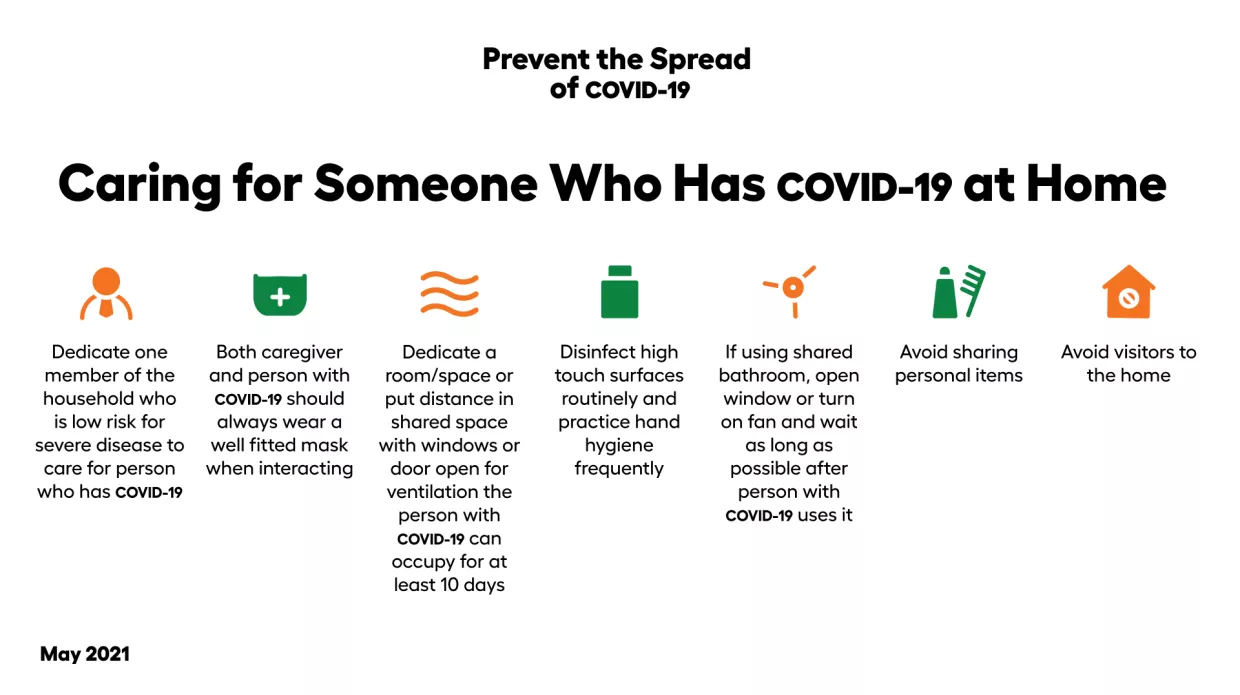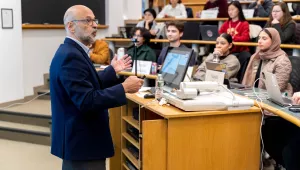The COVID-19 pandemic is far from over. At least half a million new infections are recorded every day from around the world – still, a gross underestimate on the true burden of disease. Cases continue to increase in many countries including South America, at least 14 African nations, Russia, Oman, Mongolia, Malaysia, and many others. India-like-surges are still likely to occur with vaccine deserts in many parts of the world.
Household transmission of the virus continues to be common and one of the leading causes of new infections. We emphasis basic measures households can take to help curb the spread of the virus in a home environment while caring for someone who has COVID-19. In addition to these basic measures, it’s important to also consider mental health support.
For more resources, here’s a great Communication Toolkit on COVID-19 Resources: https://www.hsph.harvard.edu/india-center/resources-covid19/

Madad, Syra and Ananya Awasthi. “Caring for Someone Who Has COVID-19 At Home: Universal Measures.” Belfer Center for Science and International Affairs, Harvard Kennedy School, June 21, 2021





